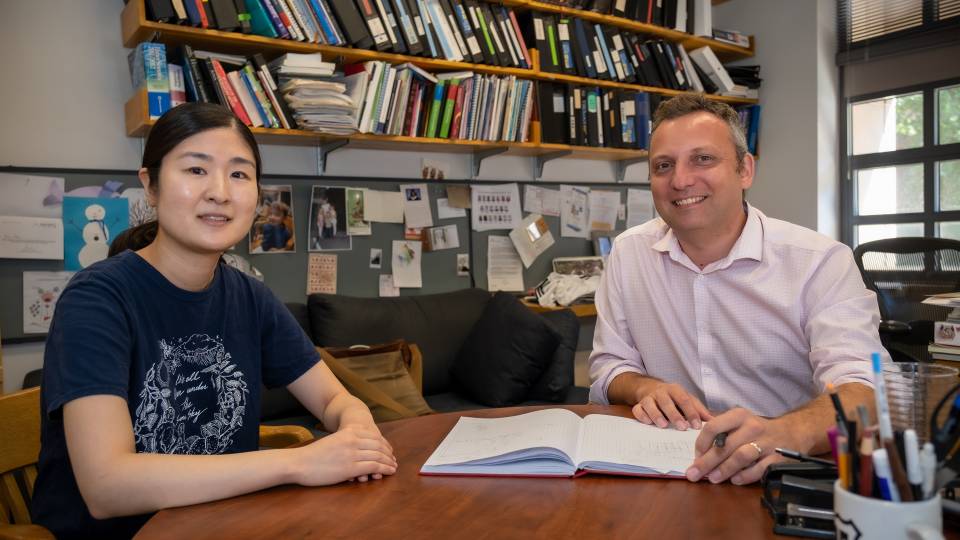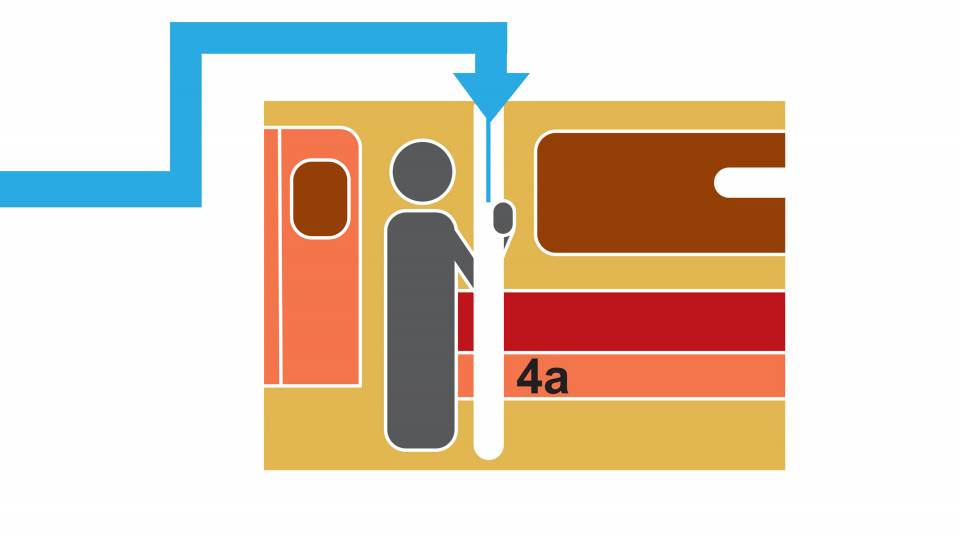The economic crisis being faced by the nation — whether it’s officially called a recession or becomes a depression — will ultimately depend on the speed, efficacy and efficiency with which the federal government can provide aid and support while therapeutics and a vaccine are being developed, said Cecilia Rouse, dean of the Woodrow Wilson School of Public and International Affairs on the latest edition of the “We Roar” podcast.

Cecilia Rouse
“I am hoping there'll be a reckoning for what the government can do and a sense among the people that we don't need to have government in all parts of our lives,” Rouse said. “But we need to rebuild and make sure government is there to help us when we need it and to do those essential services.”
Rouse, who is also the Lawrence and Shirley Katzman and Lewis and Anna Ernst Professor in the Economics of Education and a professor of economics and public affairs, said that among the important functions government must perform at this time is coordinating public health.
“Typically, with an economic recession, we only have to fix the economics, and then we can get going,” she said. “In this case, we actually first have to deal with the public health part.”
Paid sick leave needs to be considered, if not mandated for employers. There also must be a path for self-employed and gig workers, who increasingly are becoming part of the labor market, to be able to stay home as well when they are not feeling well, she said.
There are circumstances where government has an important role to play, and the COVID-19 pandemic is highlighting all of them, including the availability of testing, she said.
“My hope is that we can get affordable and widespread testing in place, contact tracing in place, so that we can be strategic and start to reopen,” she said. “And the sooner we can get those things, the sooner we will start to see a recovery.”
“We Roar” episodes are available for free on Apple Podcasts (formerly iTunes), Spotify and other podcast platforms. New episodes will be released on Tuesdays and Fridays.























